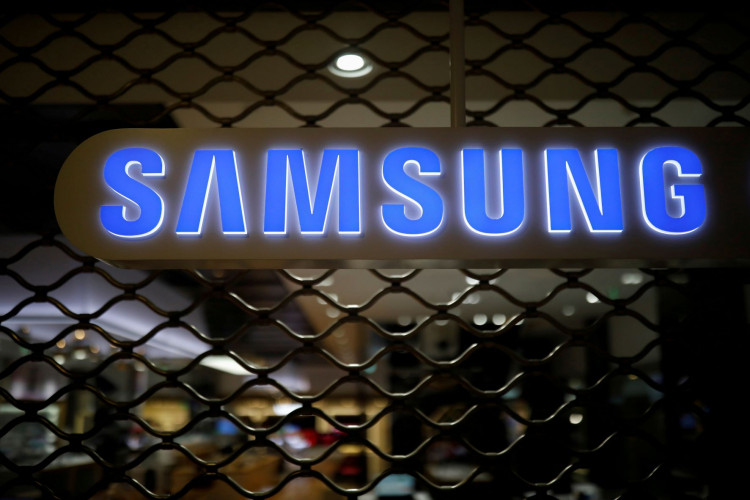Samsung Electronics has seen its stock reach a three-year high, buoyed by an extraordinary surge in second-quarter operating profits, driven primarily by strong demand for artificial intelligence (AI) technologies. The South Korean tech giant's shares climbed by 2.24% on Friday, reaching 86,500 Korean won ($62.73), their highest level since January 2021.
The company announced that it expects an operating profit of approximately 10.4 trillion won ($7.54 billion) for the April to June quarter, a staggering increase of about 1,452% from the 670 billion won reported in the same period last year. This figure significantly exceeded analysts' expectations of 8.51 trillion won, as reported by LSEG.
Samsung's revenue for the second quarter is projected to be between 73 trillion and 75 trillion won, up from 60.01 trillion won a year ago. The company's robust performance is largely attributed to a resurgence in the memory chip market, driven by soaring demand for AI-related products.
The rebound in memory chip prices comes after a challenging period in 2023, when the industry suffered from a post-pandemic slump in demand. Samsung, the world's largest memory chip maker, saw record losses during that time but has now rebounded strongly as AI technologies fuel a renewed demand for memory chips.
In April, Samsung's chip division reported an operating profit of 1.9 trillion won ($1.4 billion) for the first quarter, more than triple the amount from the previous year. Jaejune Kim, director of Samsung's semiconductor division, highlighted the role of AI in this resurgence. "As AI providers increase, the size of training data becomes proportionally bigger, leading to higher performance and data storage needs," Kim said. "So, we're seeing a lot of incoming requests from customers."
Samsung's memory chips, including its ultra-high density hard drives, are crucial for AI applications. The company expects continued profit growth from AI as the supply of AI servers and associated cloud services expands. This demand is anticipated to boost the need for Samsung's high-bandwidth memory chips and conventional servers and storage.
Despite the positive outlook, Samsung faces challenges in the highly competitive high-bandwidth memory (HBM) chip market. SK Kim, executive director of Daiwa Capital Markets, noted that while Samsung has benefited from high memory prices, it lags behind in HBM production. "Samsung announces earnings surprise but mainly the earnings upside is from memory price high. So ironically, Samsung is lagging behind in HBM production," Kim told CNBC's "Street Signs Asia."
Reports have indicated that Samsung is still undergoing qualification tests with Nvidia for its AI processors, with Nvidia considering Samsung as a potential supplier of HBM chips. However, Samsung has refuted claims of significant delays, maintaining that tests with several partners for HBM supply are "on track."
Despite these challenges, Samsung's overall market position remains strong. The company's extensive capacity and market share in the memory chip sector allow it to maximize profits through higher average selling prices.
Samsung's AI-driven product lineup, including the Galaxy S24 Ultra smartphone with advanced AI features for photo editing and online searches, continues to perform well in the market. The tech giant is set to release detailed second-quarter results later this month, which will provide further insights into its performance and future prospects.






